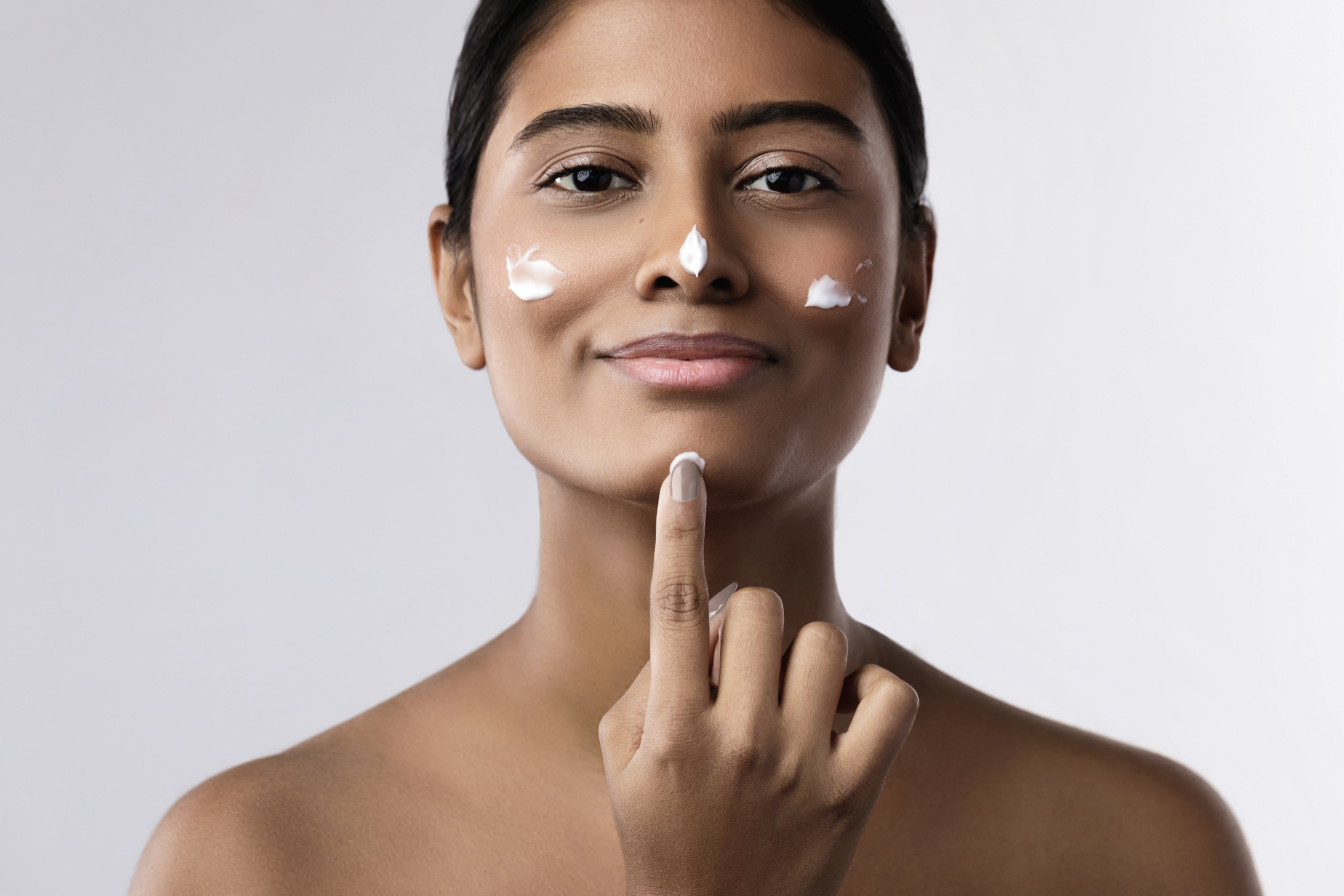
6 Ways to Protect your Skin from Sun Damage
The sun is essential to life, giving us warmth, light, and all-important Vitamin D, but it can also harm our skin. Long-term exposure to the ultraviolet (UV) radiation of sunlight can cause numerous skin problems, such as premature ageing and potentially fatal ones, including skin cancer.
So, knowing how to prevent damaging your skin due to the sun is essential. This guide will look at what sun damage is, how you reverse its effects, and how to protect yourself from harmful UV exposure.
What are the effects of sun damage on the skin?
The sun emits two forms of ultraviolet radiation: UVA and UVB. Both have severe effects on the skin, but their impacts vary. UVA rays reach the skin's basal layers, which are deeper and create more long-term damage, such as ageing, wrinkling, and age spots.
Moreover, they suppress our skin's immunity, making it more vulnerable to harm in the future. UVB rays are the most common cause of sunburn and are largely involved in skin cancer development due to the damage they do to DNA in skin cells.
Excessive and unprotected exposure to UV can cause skin cancer. This is the most immediate form of sun damage as it results from an overdose of UVB rays, which makes your skin red and painful, with severe cases developing into blisters known as Sunburn. Cumulative exposure results in photoaging, demonstrated by wrinkles and sagging skin that ultimately acquires a rough, leathery consistency.
In addition, sun damage can lead to changes in pigmentation, such as freckles and liver spots. There can be adverse effects, the worst of which is an increased risk of skin cancers (e.g. melanoma, basal cell carcinoma and squamous cell carcinoma).
Also read: Sun damaged skin: Identification, treatment, prevention
Can skin damage from the sun be reversed?
It is a more multifaceted and nuanced process to reverse sun damage. Yes, we can control it somewhat; however, reversing the effects becomes cumbersome. Skin is incredibly efficient at healing itself, but the more often it has to repair the same type of damage (and over a large area), the more this capacity diminishes. But, a few treatments and techniques could reduce the damage to some extent.
Topical treatments that contain retinoids, antioxidants and alpha-hydroxy acids (AHAs) can help stimulate cell turnover to repair damaged skin. Retinoids, derived from Vitamin A, help to reduce fine lines, texture & pigmentation, as well.
Vitamin C is an excellent antioxidant, and antioxidants are your best defence against free radicals caused by sun exposure, which will only damage even more so prevent/hinder further skin repair. Other treatments done by a dermatological professional also help tackle more profound skin damage.
They eliminate the damaged outer layers of the surface and stimulate the generation of new cells. And while these treatments may revolutionize the state of your skin, they are not cure-alls. But the most important thing is to stop further damage, which is taken care of. And over time, skin rejuvenation capacity declines due to ageing and UV exposure from sun rays. For this reason, taking steps to protect yourself from the sun is essential to maintaining healthy skin throughout your life.
6 ways to protect your skin from sun damage
Wondering, ‘How to protect skin from sun?’ Without further ado, let’s look at the proven ways to protect your skin from sun damage -
- Use sunscreen daily: Sunscreen is your first defence against UV rays. Use a broad-spectrum sunscreen with UVA and UVB protection with SPF 30 or higher, like the Mineral Matte Tinted Sunscreen or the Dewy Hydrating Hybrid Sunscreen. Apply it on any exposed skin liberally every two hours (as well as after swimming or sweating). Daily sun protection is necessary to stay protected, even when the clouds are out.
- Wear protective clothing: If you are wondering how to protect skin from sun tan, clothing can be used as a physical barrier. So, wear tightly woven fabrics covering as much of your skin as possible. Remember that long-sleeved shirts, long pants and wide-brimmed hats are best for protection. The Ultraviolet Protection Factor (UPF) rating is on some clothes. UPF indicates how effectively the elements can block UV rays. Another must-do thing is wearing sunglasses with UV protection to protect your eyes and keep those mean fine lines from occurring.
- Seek shade: Direct sun exposure harms your skin. Go in the shade whenever you can, especially from 10 am to 4 pm, when sunlight is very strong. Stay in shaded areas or under a canopy or cabana, and use an umbrella outdoors. However, the reflectance of UV rays from surfaces can deceive you when the other modes are blocked.
- Avoid tanning beds: Tanning beds use concentrated UV radiation, usually with bulbs that emit far more UVA rays than natural sunlight, dramatically magnifying the risk of harming skin from sun damage. A tan is your body trying to defend itself from additional UV exposure. Understand your skin colour and say no to artificial sunless tanners. Self-tanning products are available for people looking to get that sun-kissed look without the added danger of UV exposure.
- Maintain a skincare routine with antioxidants: To increase the protective benefits of your skincare routine, use antioxidants. Vitamin C and Vitamin E both act as antioxidants on these free radicals that are produced after the UV radiation's impact on the skin, thereby reducing oxidative stress over time through its moisturising effects. Find serums, moisturisers and more products that contain these ingredients to make your skin firmer and healthier.
- Stay hydrated and nourished: Water works to moisturise your skin and gives it elasticity. An antioxidant-, vitamin- and mineral-rich diet is wonderful for the skin. Beta-carotene, Vitamin C and Omega-3 fatty acid-rich foods can fortify the skin with an inherent protection against UV-related damage. If consumed regularly, fruits, vegetables, nuts, and fish can provide these essential nutrients.
Also read: How to use Sunscreen Everyday in Right Manner?
Conclusion
In moderation, the sun is wonderful for us; it offers many health benefits, but excessive exposure to naked skin is highly hazardous. Stop worrying about how to protect your skin from the sun and incorporate these defensive methods into your daily life to benefit from the warmth of sunlight while still keeping your skin healthy and young.






















































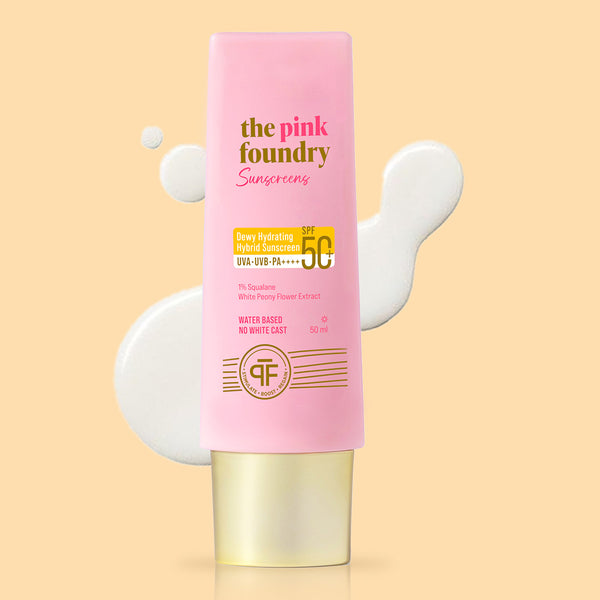
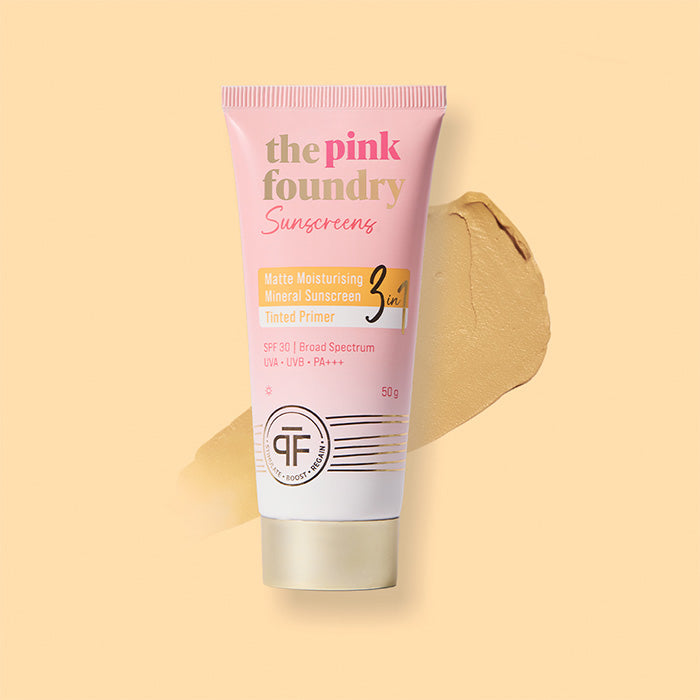
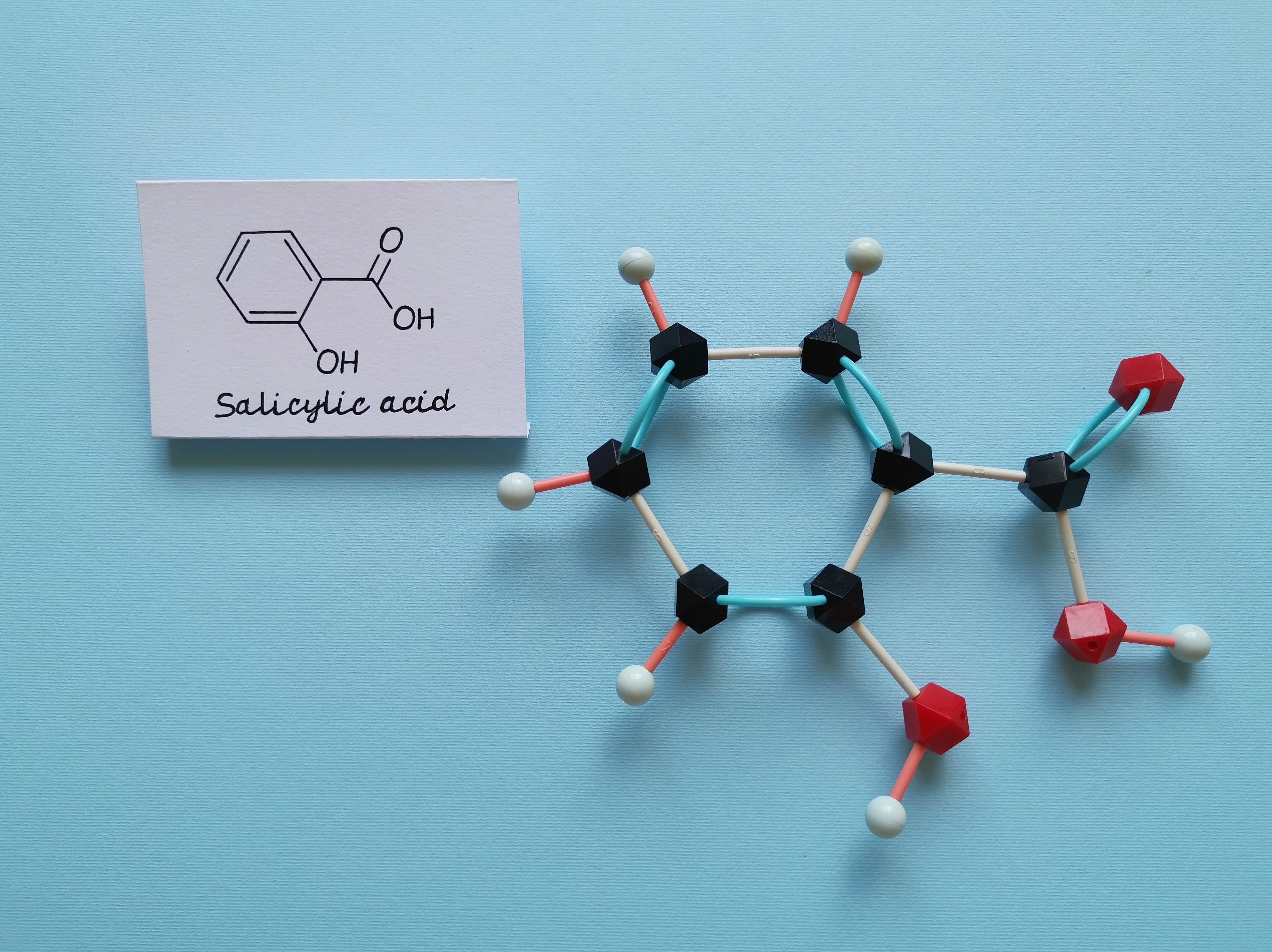
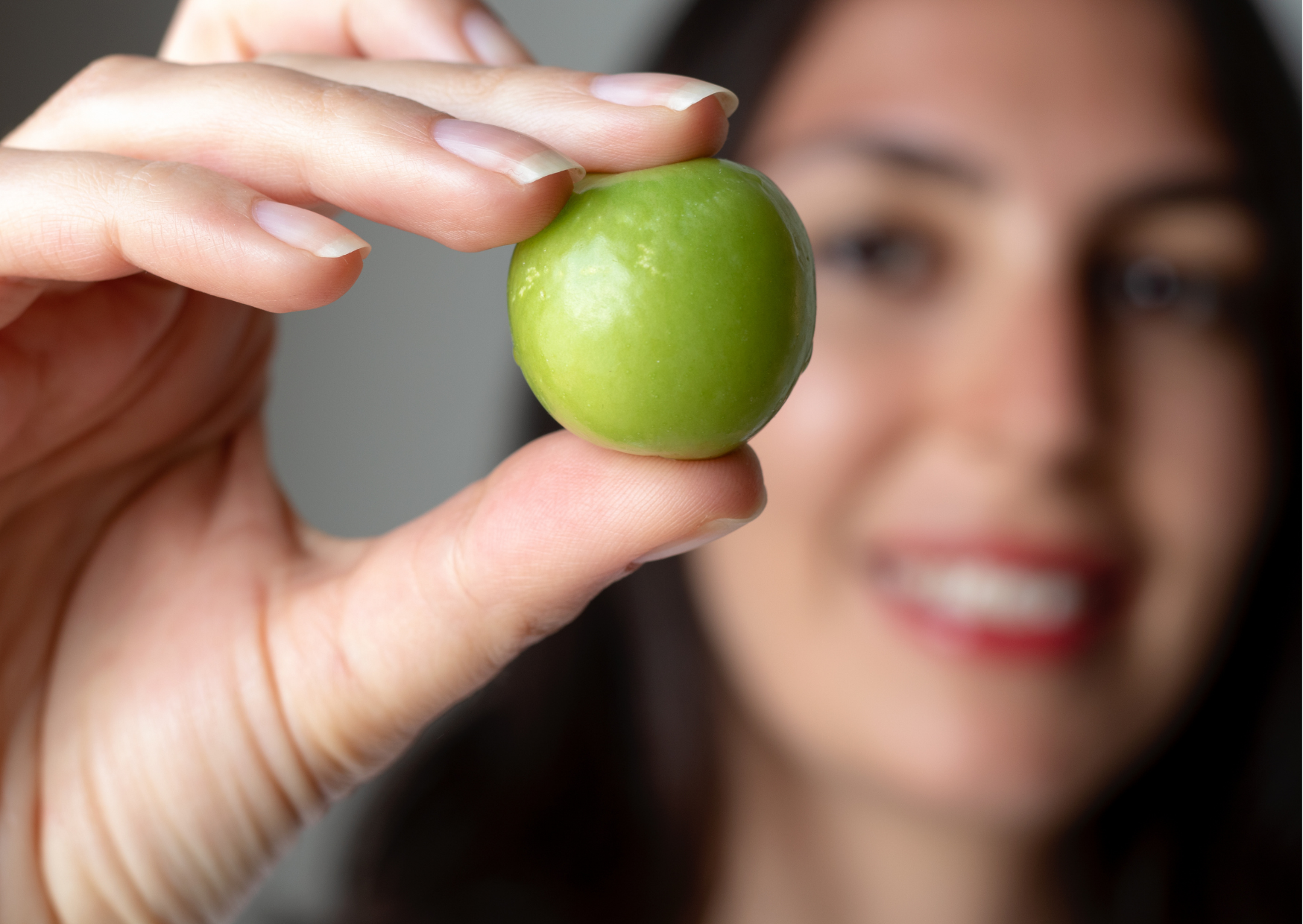
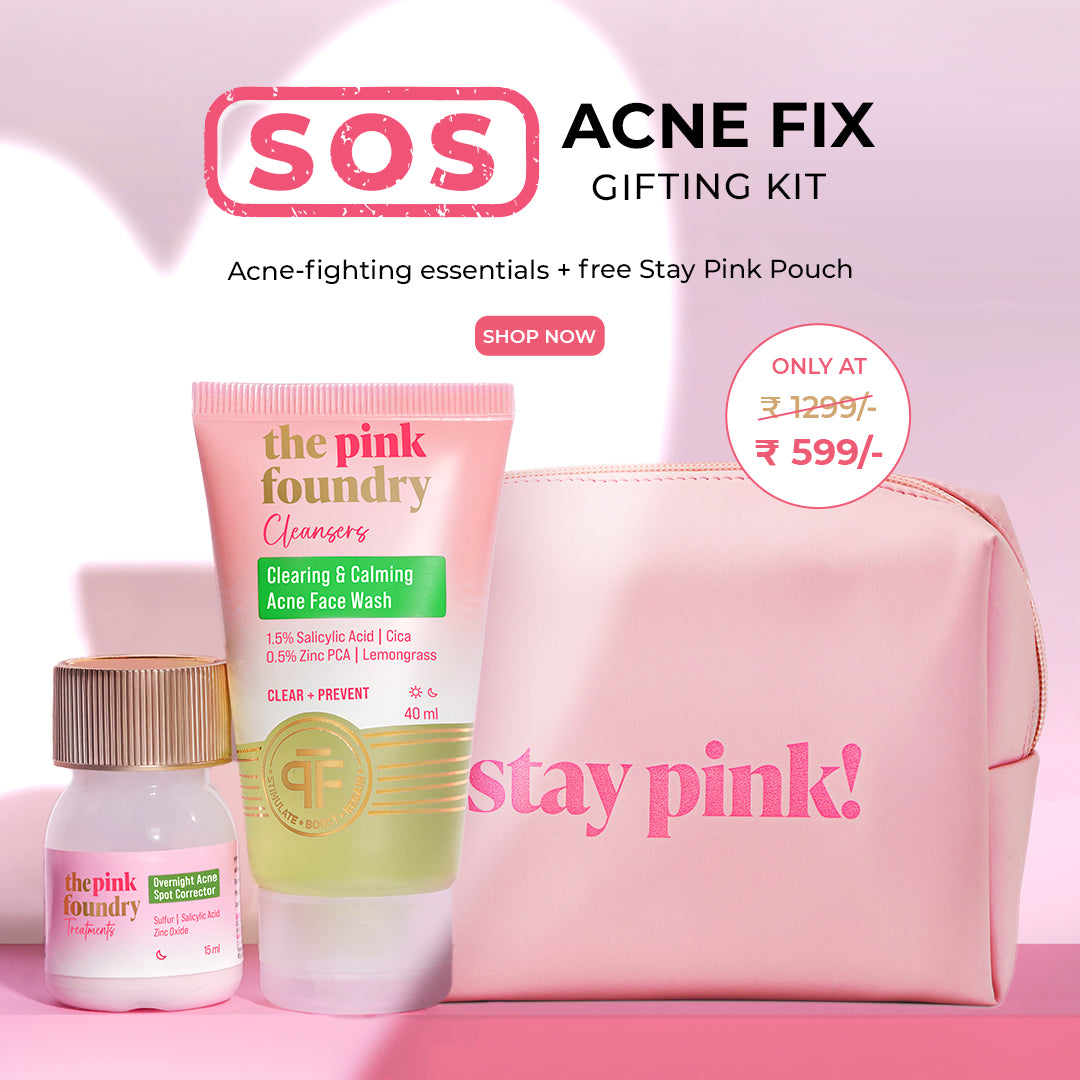
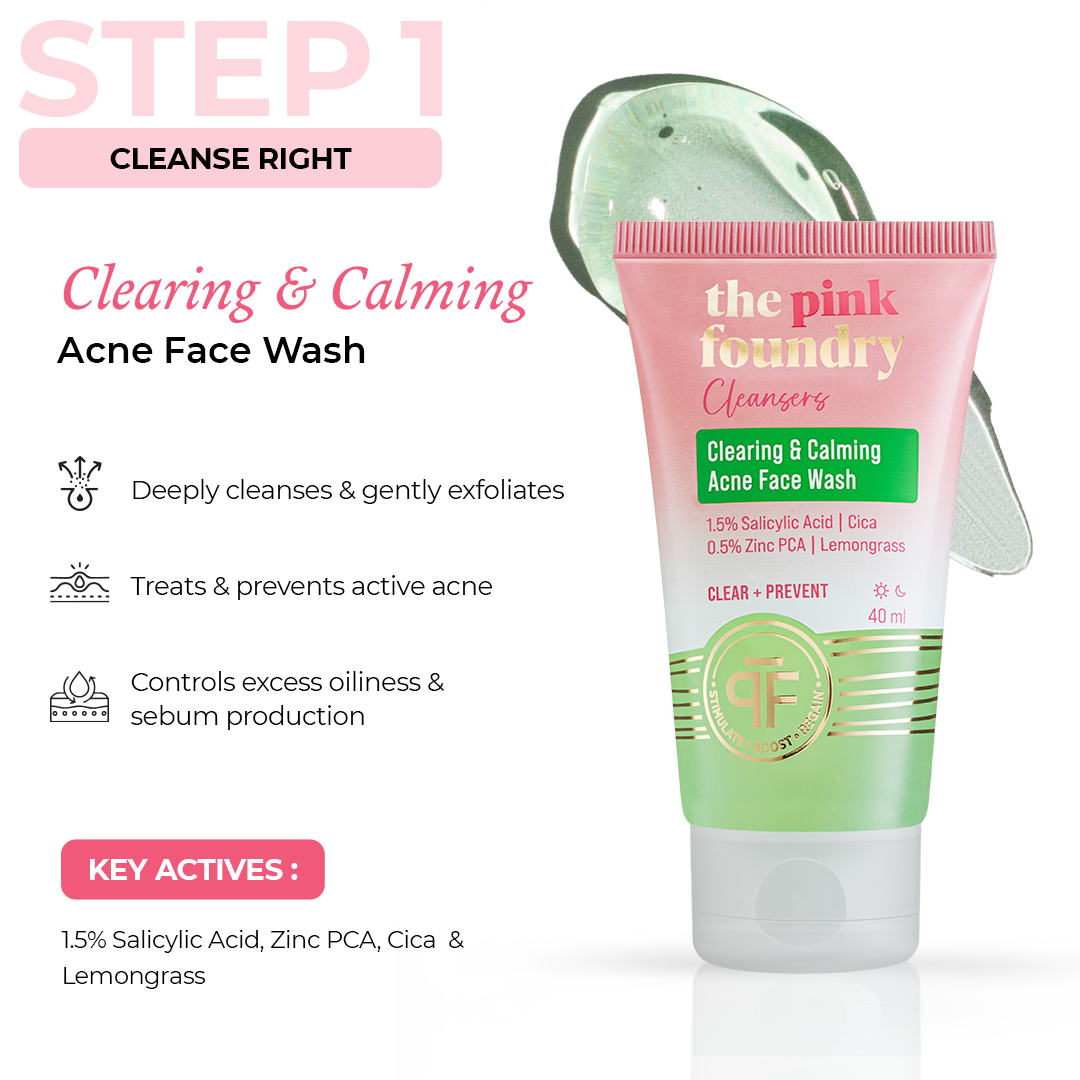




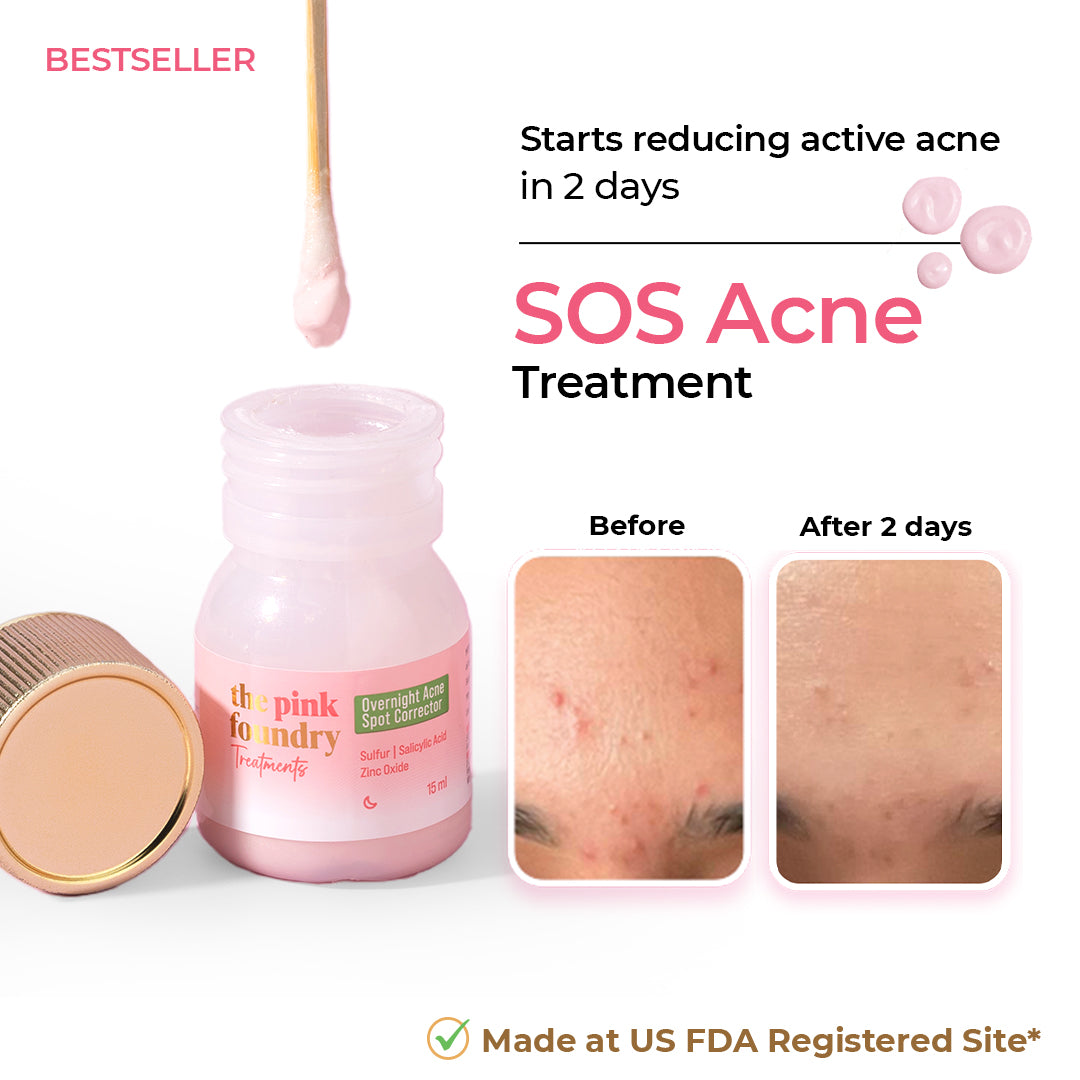
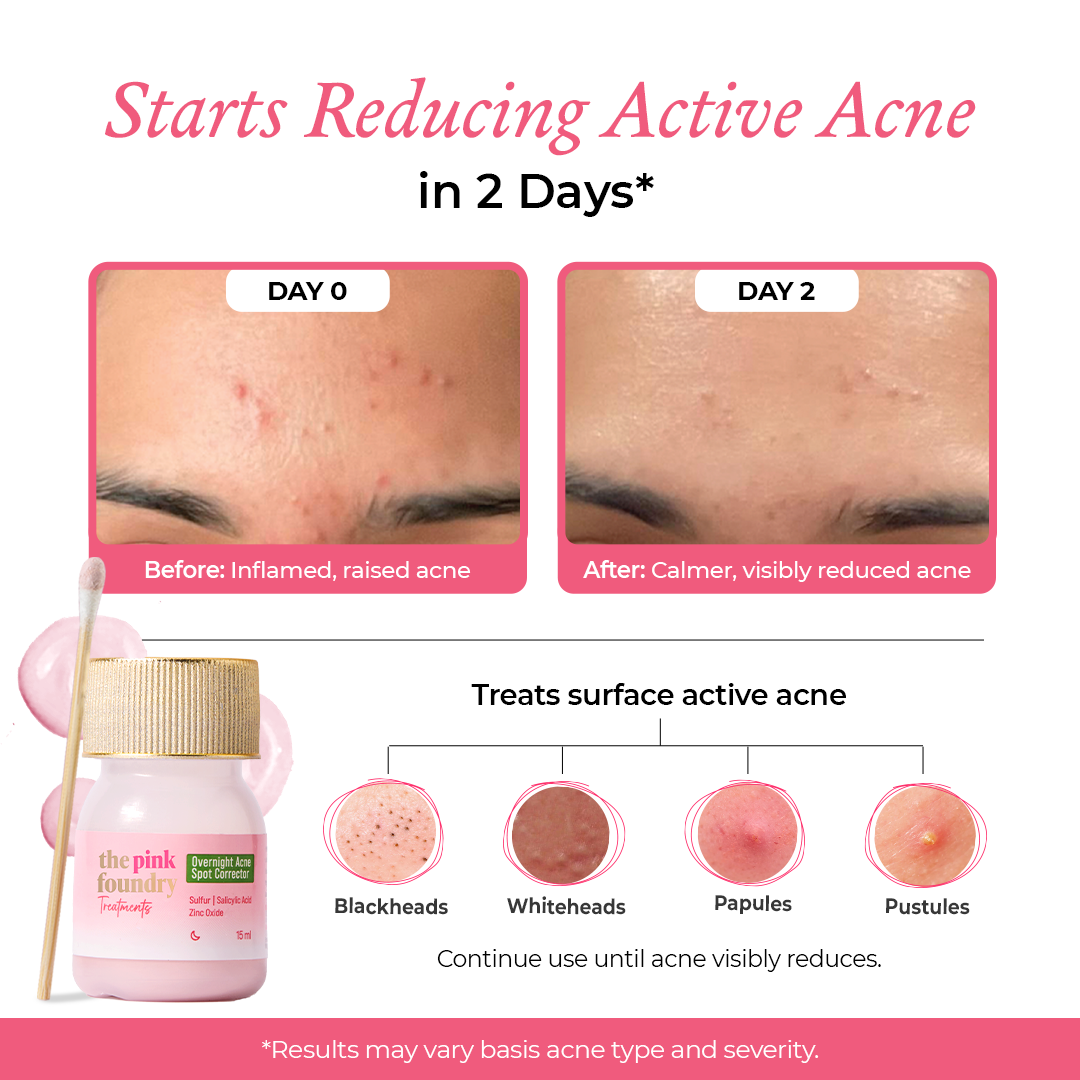








Leave a comment
This site is protected by hCaptcha and the hCaptcha Privacy Policy and Terms of Service apply.